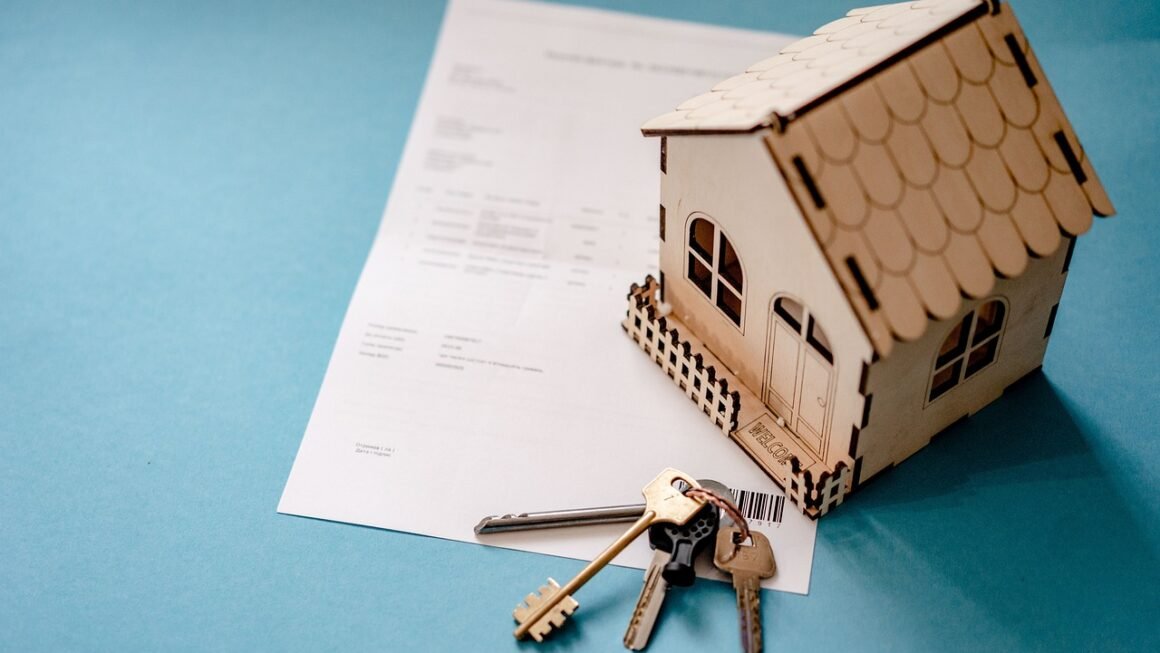Your net worth is more than just a number; it’s a financial snapshot, reflecting your current financial health and a key indicator of your progress towards long-term financial goals. Understanding your net worth, how to calculate it, and how to improve it, are essential steps in taking control of your financial future. This post will break down everything you need to know about net worth, offering practical advice and actionable strategies to help you build wealth.
What is Net Worth?
Definition and Importance
Net worth is a simple calculation: it’s the difference between your assets (what you own) and your liabilities (what you owe). A positive net worth means your assets exceed your liabilities, while a negative net worth indicates the opposite. Understanding your net worth is crucial because it provides a clear picture of your financial standing, allowing you to:
- Track your financial progress over time.
- Identify areas where you can improve your financial health.
- Set realistic financial goals, such as retirement planning or saving for a down payment on a house.
- Make informed financial decisions.
Why Track Your Net Worth?
Tracking your net worth regularly allows you to monitor your financial health and identify potential problems early on. It provides accountability and motivates you to make smarter financial choices. Consider it a regular check-up for your finances.
- Early Warning System: A declining net worth can signal issues like overspending or excessive debt.
- Motivation: Seeing your net worth increase can be highly motivating and encourage continued good financial habits.
- Goal Setting: Tracking your net worth makes it easier to set and monitor progress towards specific financial goals (e.g., early retirement, purchasing property).
- Financial Awareness: It encourages a deeper understanding of your finances, leading to better-informed decisions.
Calculating Your Net Worth: A Step-by-Step Guide
Step 1: List Your Assets
Assets are anything you own that has monetary value. Be as thorough as possible. Here are some common examples:
- Cash: Checking accounts, savings accounts, money market accounts.
- Investments: Stocks, bonds, mutual funds, ETFs, real estate, cryptocurrencies, retirement accounts (401(k)s, IRAs).
- Personal Property: The market value of your home, cars, jewelry, collectibles, and other valuable possessions. Be realistic with the valuations.
- Business Assets: If you own a business, include its value (this can be complex and may require professional valuation).
Step 2: List Your Liabilities
Liabilities are debts you owe to others. Again, be thorough and accurate.
- Mortgages: The outstanding balance on your home loan.
- Student Loans: The total amount you owe on your student loans.
- Car Loans: The remaining balance on your car loan(s).
- Credit Card Debt: The outstanding balance on all your credit cards.
- Personal Loans: Any outstanding personal loans.
- Other Debts: Any other debts you may have, such as medical bills or taxes owed.
Step 3: Calculate the Difference
Subtract your total liabilities from your total assets. The result is your net worth:
Net Worth = Total Assets – Total Liabilities
Example:
- Assets: $20,000 (cash) + $50,000 (investments) + $300,000 (home value) + $15,000 (car) = $385,000
- Liabilities: $200,000 (mortgage) + $10,000 (student loans) + $5,000 (credit card debt) = $215,000
- Net Worth: $385,000 – $215,000 = $170,000
Strategies to Improve Your Net Worth
Increasing Assets
The most obvious way to improve your net worth is to increase your assets. Here are some proven strategies:
- Save and Invest Regularly: Make saving and investing a priority. Aim to save at least 15% of your income. Consider automating your savings to make it easier.
- Invest Wisely: Diversify your investments across different asset classes (stocks, bonds, real estate) to reduce risk. Consider index funds or ETFs for low-cost diversification.
- Increase Your Income: Explore opportunities to increase your income, such as asking for a raise, starting a side hustle, or pursuing further education or training.
- Real Estate: Investing in real estate can be a great way to build long-term wealth, either through rental income or appreciation in value.
- Entrepreneurship: Starting your own business can be risky but also offers the potential for significant wealth creation.
Decreasing Liabilities
Reducing your debt is just as important as increasing your assets. Focus on high-interest debt first.
- Pay Down High-Interest Debt: Prioritize paying down high-interest debt, such as credit card debt, as quickly as possible. Consider using the debt snowball or debt avalanche method.
- Create a Budget: A budget helps you track your spending and identify areas where you can cut back. Use budgeting apps or spreadsheets to stay organized.
- Avoid Unnecessary Debt: Think carefully before taking on new debt. Consider whether you really need the item or service, and explore alternatives.
- Negotiate Lower Interest Rates: Contact your creditors and ask if they will lower your interest rates. You might be surprised at what they’re willing to do.
Practical Tips for Building Wealth
Beyond the general strategies, here are some actionable tips you can implement right away:
- Automate Your Finances: Set up automatic transfers to your savings and investment accounts. Automate bill payments to avoid late fees and maintain a good credit score.
- Track Your Expenses: Use a budgeting app or spreadsheet to track your spending habits. Identify areas where you can cut back and save more money.
- Take Advantage of Employer Benefits: Participate in your employer’s retirement plan, especially if they offer a matching contribution. Consider health savings accounts (HSAs) if you’re eligible.
- Review Your Insurance Policies: Ensure you have adequate insurance coverage (health, home, auto, life) to protect your assets from unexpected events.
- Seek Professional Advice: Consider consulting a financial advisor to get personalized advice and guidance on managing your finances and building wealth.
Common Net Worth Myths
Myth 1: Net Worth Only Matters When You’re Close to Retirement
Reality: Net worth is important at all stages of life. It’s a measure of your financial health at any given time and provides a foundation for achieving future goals.
Myth 2: You Need a High Income to Build a Substantial Net Worth
Reality: While a high income can certainly help, it’s not the only factor. Saving diligently and investing wisely, even with a moderate income, can lead to significant wealth accumulation over time. The power of compounding is key.
Myth 3: Your Primary Residence is Your Biggest Asset
Reality: While your home is a significant asset, it shouldn’t be considered your only major asset. Diversifying your investments is crucial for long-term financial security. Furthermore, the value of your home is subject to market fluctuations and property taxes.
Myth 4: Net Worth is All About Being Frugal
Reality: While frugality is helpful, building net worth is about a balance of smart spending, strategic saving, and effective investing. It’s possible to enjoy your life while still building wealth.
Conclusion
Understanding and tracking your net worth is a cornerstone of financial literacy and a critical step towards achieving your financial goals. By calculating your net worth regularly, implementing strategies to increase your assets and decrease your liabilities, and dispelling common myths, you can take control of your financial future and build lasting wealth. Remember that building net worth is a marathon, not a sprint. Consistency and discipline are key to long-term success.



